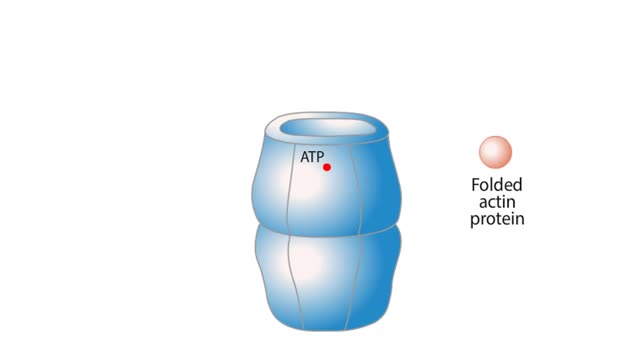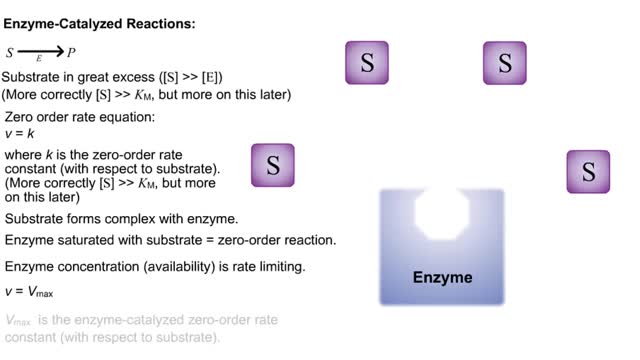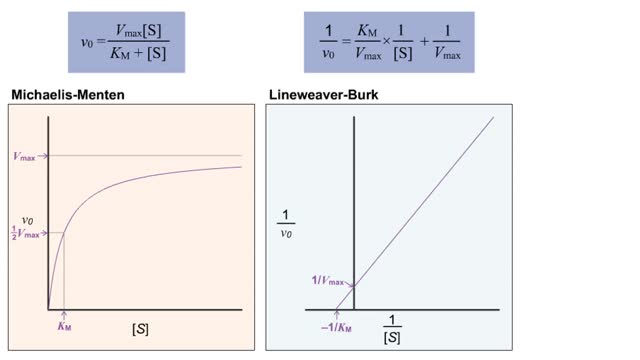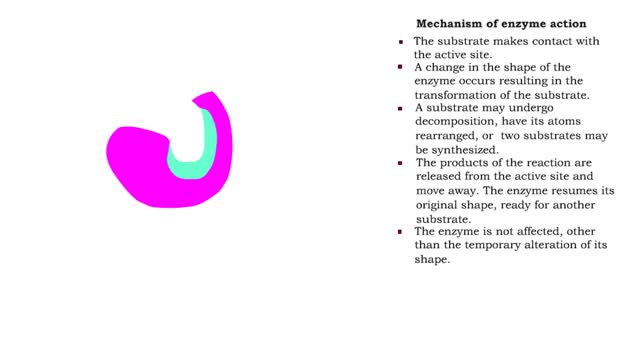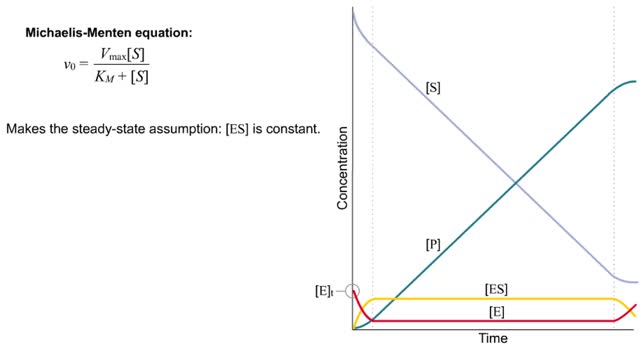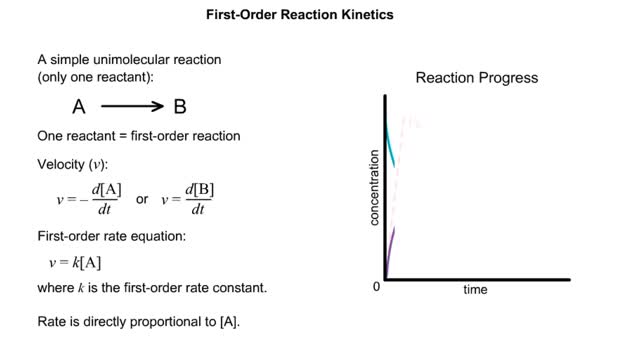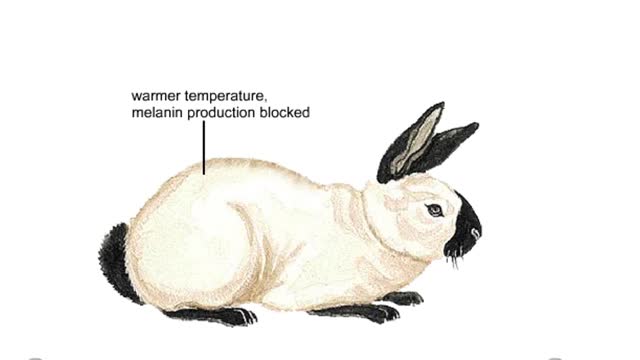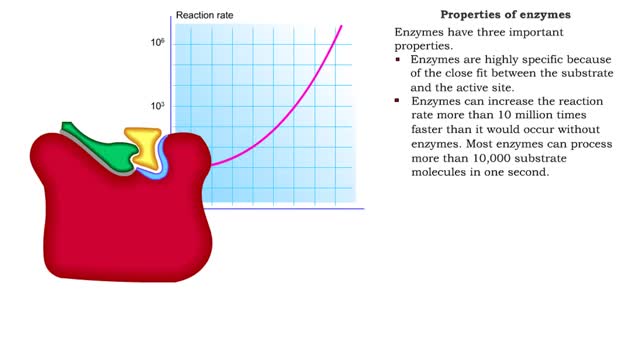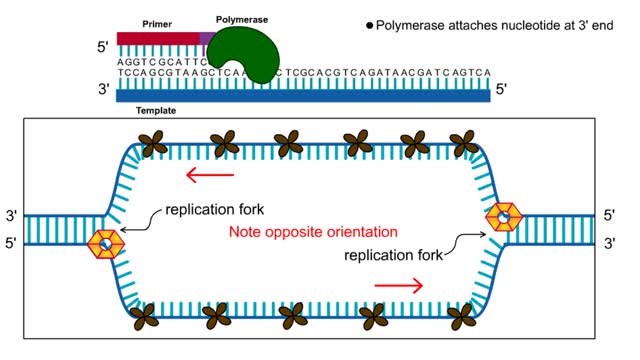Search Results
Results for: 'conjugating enzyme'
By: HWC, Views: 10781
The life cycle of a typical protein begins with its synthesis on a ribosome. As the polypeptide chain grows, molecules of a chaperone protein bind along its length. This prevents misfolding of the nascent polypeptide. ATP binding causes chaperone release. For most proteins, the polypeptide th...
By: HWC, Views: 10599
S P Substrate in great excess ([S] -- [E]) (More correctly [S] -- KM, but more on this later) Zero order rate equation: v = k where k is the zero-order rate constant (with respect to substrate). (More correctly [S] -- KM, but more on this later) Substrate forms complex with enzyme. ...
Virtual Enzyme Kinetics & Lineweaver Burk Plot
By: HWC, Views: 10698
• The double-reciprocal (also known as the Lineweaver-Burk) plot is created by plotting the inverse initial velocity (1/V0) as a function of the inverse of the substrate concentration (1/[S]). • This plot is a useful way to determined different inhibitors such as competitive, uncompetitive...
By: HWC, Views: 10941
■ The substrate makes contact with the active site. ■ A change in the shape of the enzyme occurs resulting in the transformation of the substrate. ■ A substrate may undergo decomposition, have its atoms rearranged, or two substrates may be synthesized. ■ The products of the reaction...
Michaelis–Menten equation & Kinetic parameters
By: HWC, Views: 10954
The Michaelis–Menten equation is the rate equation for a one-substrate enzyme-catalyzed reaction. This equation relates the initial reaction rate (v0), the maximum reaction rate (Vmax), and the initial substrate concentration [S] through the Michaelis constant KM—a measure of the substrat...
By: HWC, Views: 10309
✔ https://HomeworkClinic.com ✔ https://Videos.HomeworkClinic.com ✔ Ask questions here: https://HomeworkClinic.com/Ask Follow us: ▶ Facebook: https://www.facebook.com/HomeworkClinic ▶ Review Us: https://trustpilot.com/review/homeworkclinic.com Kinetics is the study of the rat...
Effect of the environment on coat color in the Himalayan rabbit Animation
By: HWC, Views: 6705
An organism's phenotype—the combination of traits that we observe—is the product of interactions between its genotype and the environment. For example. a Himalayan rabbit is completely white at birth. But within weeks, the fur on the rabbits ears, nose, tail. and lower legs darkens. The...
Enzyme structure - Properties of enzymes
By: HWC, Views: 11082
■ Enzymes are proteins that catalyze reactions. ■ Some enzymes have two parts: a protein or apoenzyme and a non-protein or cofactor. ■ Cofactor can be a metal ion or another organic molecule called a coenzyme. ■ Coenzymes often come from vitamins. ■ Cofactors affect the shape of...
By: HWC, Views: 10533
First step: strands are separated • Helicase unwinds the DNA double helix at the replication fork • SSBs coat the single strands to prevent reannealing • Polymerase attaches nucleotide at 3' end • Synthesis is in 5' to 3' direction DNA Polymerase: • Only extends nucleic ac...
Advertisement



